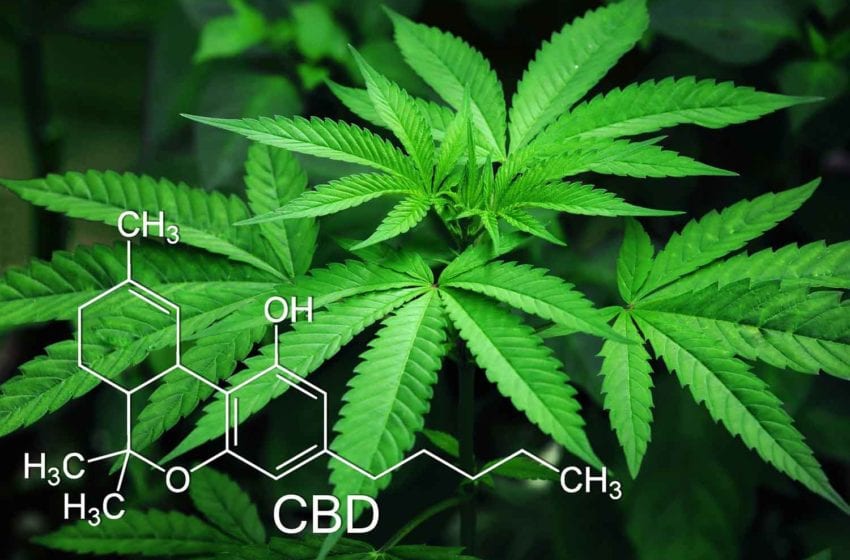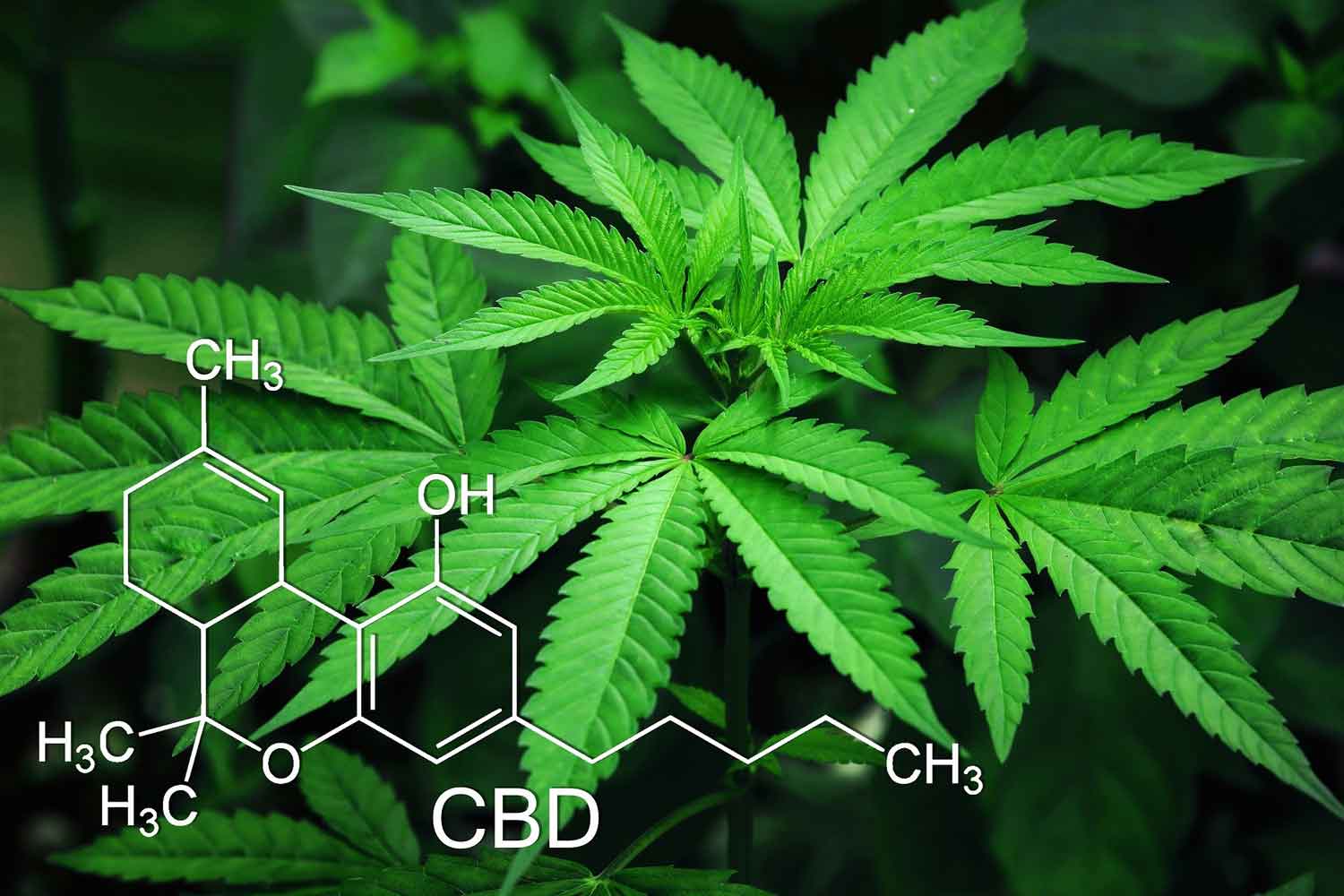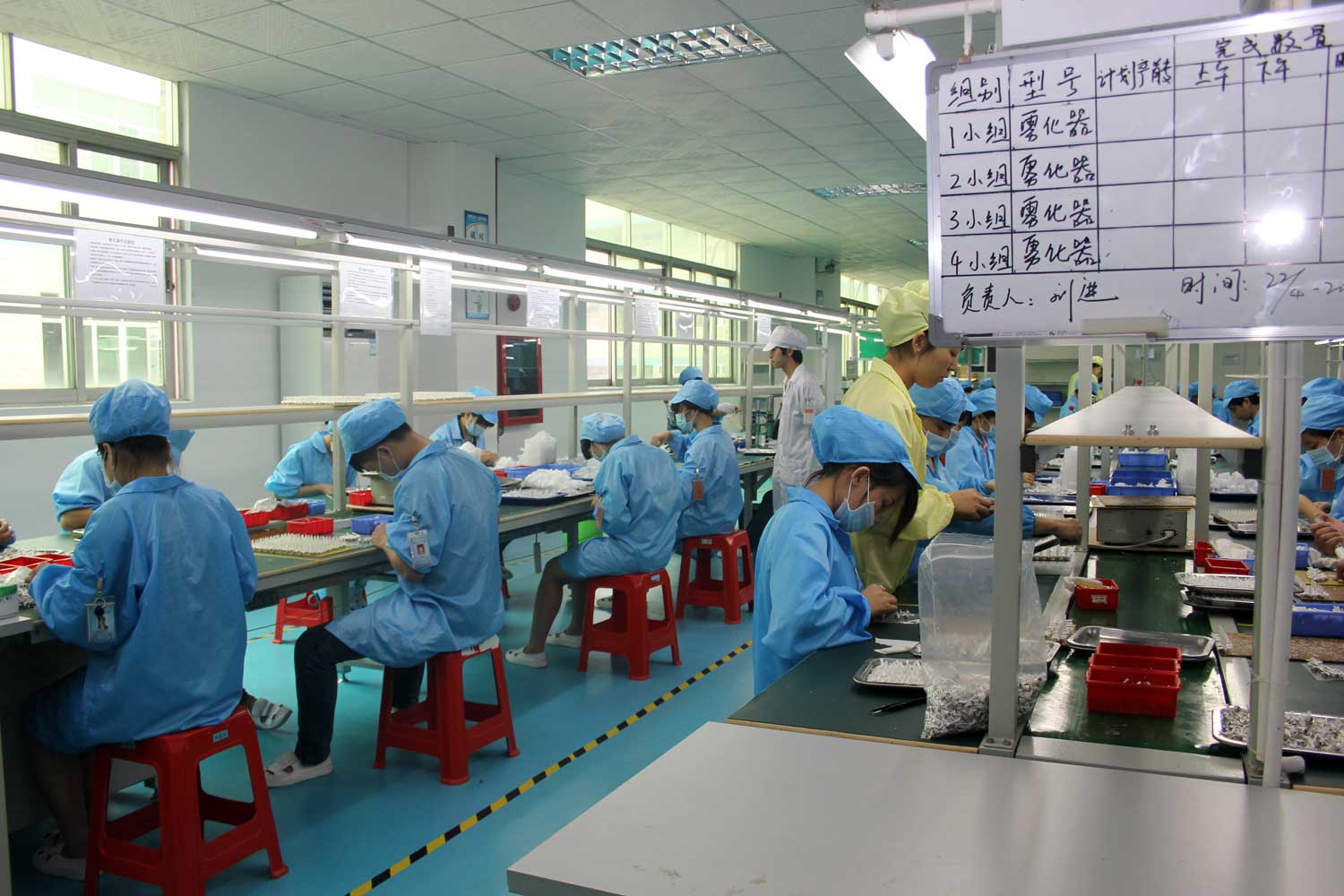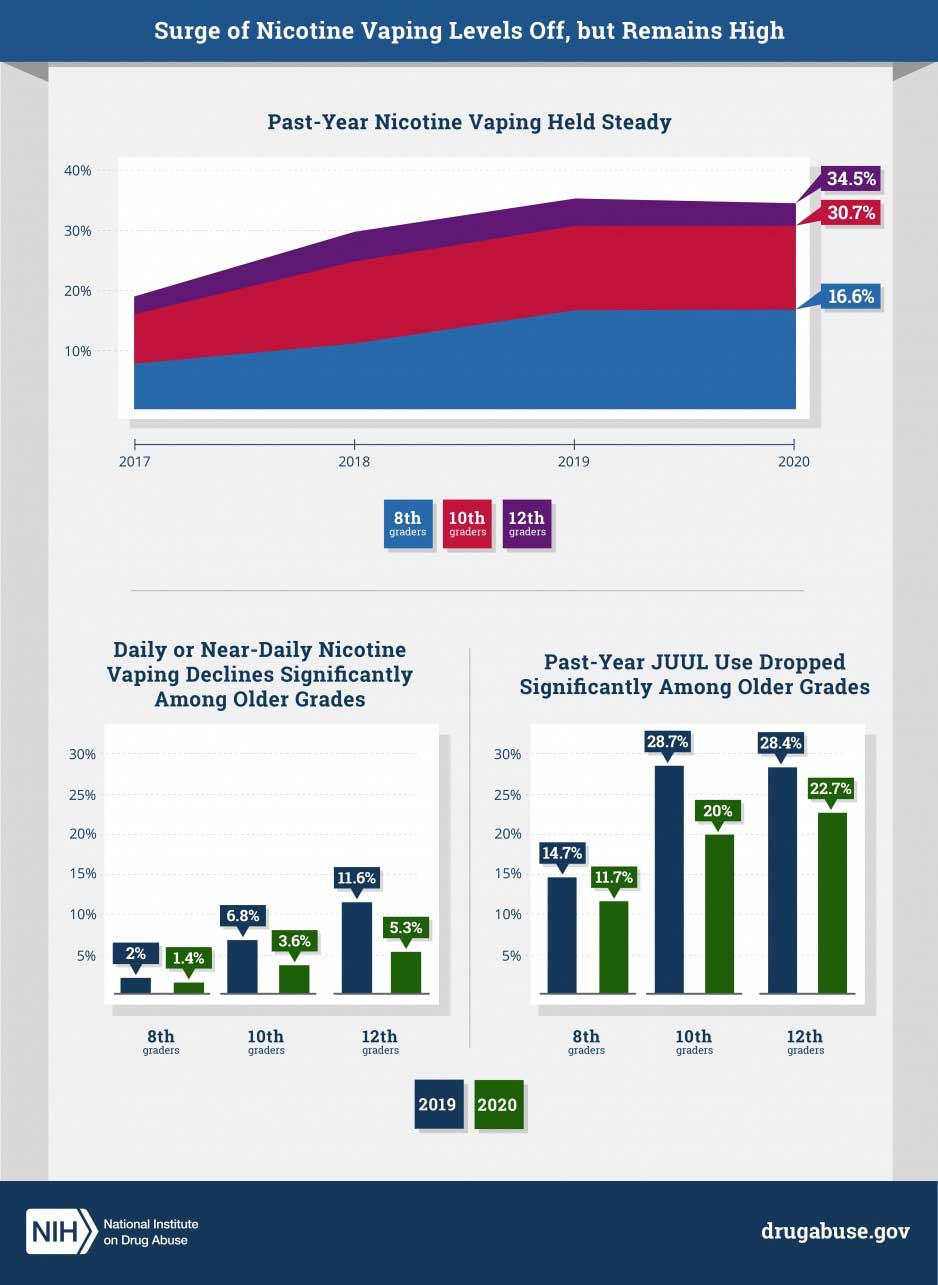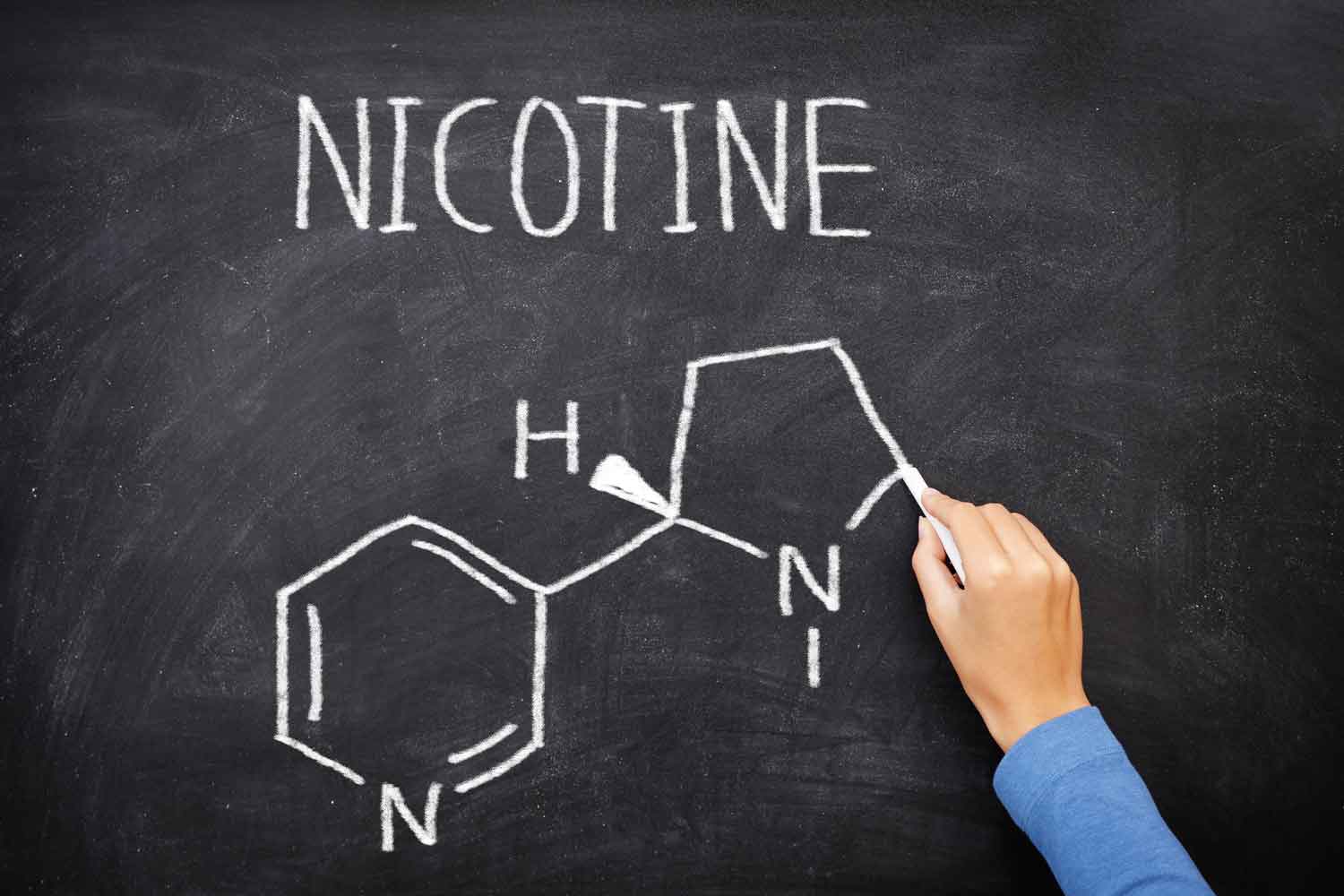
Next Generation Labs, the developer of the patented pure synthetic nicotine sold under the TFN brand, has expanded sales and distribution of its S, R-S and R isomer synthetic nicotine products to vape, oral smokeless and tobacco product manufacturers internationally.
“TFN non-tobacco derived synthetic nicotine has increasingly become the industry benchmark for both quality and consumer acceptance in many branded nicotine alternative products in the U.S. market, select European countries, and in emerging novel-nicotine markets in Asia,” Next Generation Labs noted in a press statement
“We are actively developing customized formulations of TFN S, R-S and R isomer nicotine for vaping products, nicotine portion pouch and novel reduced risk products such as herbal non-tobacco-alternatives and heat-not-burn products,” the company stated.
In association with strategic partners in key markets, Next Generation Labs has also recently expanded availability of its isomeric TFN nicotine formulations direct to customers, or via certified compounding and formulating companies, both in bulk diluted freebase nicotine, or in nicotine salt formulations specific to individual market or brand owner requirements.
In China, Next Generation Labs is working closely with vape device manufacturers, such as ITSUWA, to deliver authorized TFN formulations into vape devices for sales worldwide. In the USA, America Juice Co, has become a key formulator and shipper of customized TFN liquids to Chinese manufacturers of vape products. In India, Dholakia is formulating TFN nicotine into manufactured white label nicotine portion pouch products for customers in the USA and Europe. In South Korea, the EU and U.K., Next Generation Labs is direct shipping nicotine to formulators who onward sell to brand owners in their respective markets.




